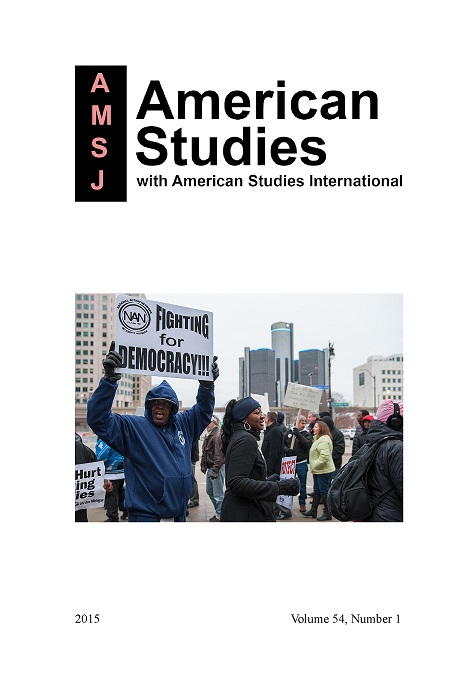Abstract
An opponent of bilingual education and affirmative action as well as one of the most recognized Latino public intellectuals, Richard Rodriguez has long had a strained relationship to the field of Chicana/o Studies. Analyses of his work have ranged from those that question Rodriguez’s racial performance to examinations of his identity construction and the power of historical amnesia. With his most recent book Brown (2002), a meditation on (racial, cultural, and intellectual) impurity, scholars have explored and questioned Rodriguez’s theorization of an American mestizaje in conversation with previous Mexican and Chicana/o iterations. While recognizing those influences, this essay recontextualizes Rodriguez’s work within the contemporary political-racial discourse of colorblindness, which he uses to speak to the interests of his largely conservative, white, and male followers. This essay yokes together two seemingly incompatible terms—postracial and mestizaje—as a point of entry into Rodriguez’s political and cultural vision. While used with a mixture of caution, purpose, and cynicism, I find “postracial” a useful modifier for Rodriguez’s vision of mestizaje, for he imagines mestizaje beyond racial categories to include sexuality and religion. Moreover, Rodriguez embraces the post-civil rights discourse of colorblindness wherein racial inequality is maintained through abstract liberalism, historical amnesia, and other strategies. Finally, in an era marked by Birtherism, anti-immigrant and anti-Latino legislation, and astounding levels of incarceration within communities of color, Rodriguez’s attempts to reimagine mestizaje postracially mark the shortcomings of his political project. Ultimately, I contend that Rodriguez’s postracial mestizaje simultaneously offers and curtails racial transformation, or rather it crafts a model to maintain inequality in the guise of liberation. By locating this strand in Rodriguez’s thinking, this essay maps the borders, limits, and terrain of Brown’s post-racial imaginings.All items © Mid-America American Studies Association
Authors: If you prefer to remove your text(s) from this database please contact the editor.

